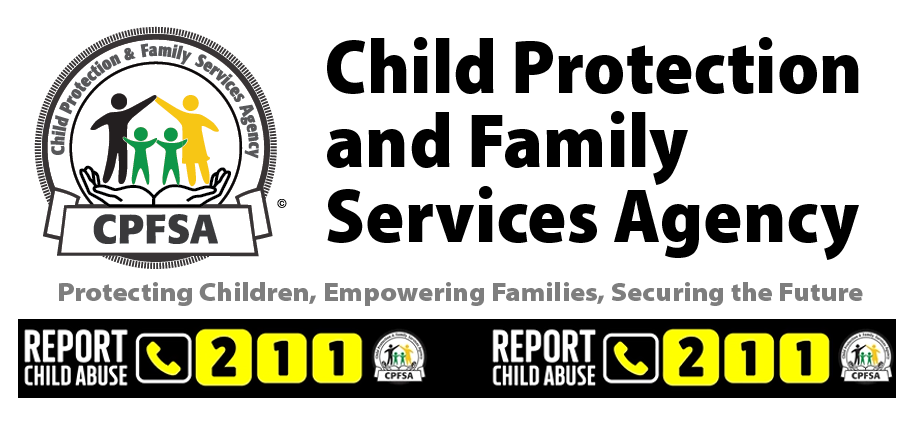What is child participation?
“Child Participation is an informed and willing involvement of all children including those who are disabled and those at risk, in any matter concerning them either directly or indirectly.”- South Asian Task Force on Child Participation
What does child participation involve?
It involves:
- Appreciating the value of children’s knowledge and inputs
- Adults sharing experiences and skills with children
- Learning from children
- Making it easy for children to make and apply decisions
- Helping children and adults understand their rights and responsibilities
- Sharing authority with children
Why is child participation important?
It is every child’s right to participate. The UN Convention on the Rights of the Child (CRC, Article 12) recognizes the right of children to be heard in all matters affecting them.
The Child Care and Protection Act (CCPA) also recognizes that children are capable of forming their own views, and that the weight given to these views is one factor used to determine whether a child’s best interests are being served.
Child participation improves the relevance and appropriateness of decisions made in relation to children’s issues by ensuring that their experiences, situations and knowledge are represented. At the same time, it teaches children to be active and responsible citizens and prepares them for adulthood
Which children should be given the chance to participate?
- Any child can participate in making a decision, once they understand what is required of them.
How can meaningful child participation occur?
This occurs when:
- Families care for and listen to their children
- Children are given opportunities to participate in community life (school, church, etc) by setting up children’s clubs or councils.
- Children are involved as stakeholders in various projects related to public education campaigns, child development, social development, environmental conservation, etc
- Children are able to represent their concerns through the media, at conferences, as members of organization boards and at consultations at the local, regional and international levels.
Jamaican children speak out about their right to a voice…
“Children should be heard and be free to express their opinions. They should be able to give input on discussions without having fear of being hurt.”
“Children should be allowed to talk about things that they don’t like and that affect them” – Taken from the States Parties 3rd and 4th Periodic Report under Article 44 (1) (b) of the Convention on the Rights of the Child, Jamaica
Meaningful child participation does not occur when:
- Adults suggest to children what they should think or say;
- Children are used to do the work of adults;
- The extent of participation is limited to entertainment and is merely symbolic;
- Having sought the views and opinions of children, they are not used to inform decisions and actions;
- Adults feel that they know everything;
- On the other hand, the experience and skills of adults are devalued;
- All power is handed over to children and adult supervision is absent;
- No distinction is made between improper conduct and acceptable behaviour.
